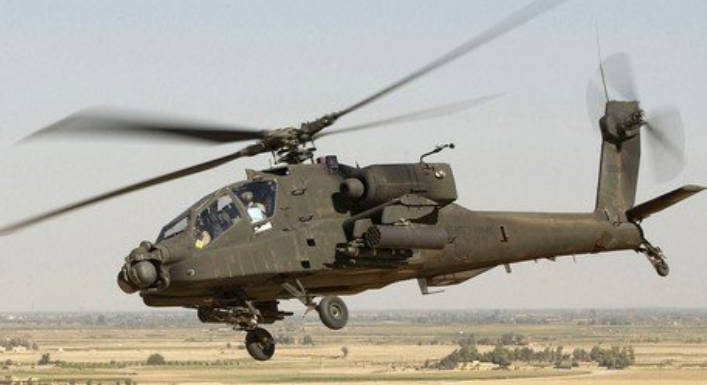
An Introduction to Helicopter Aerodynamics Free Download Latest . It is of An Introduction to Helicopter Aerodynamics free download.
An Introduction to Helicopter Aerodynamics Overview
Genre: eLearning | MP4 | Video: h264, 1280×720 | Audio: AAC, 44.1 KHz
Language: English | Size: 3.74 GB | Duration: 20 lectures • 10h 42m
A first-principles approach to understanding the physics, design and performance of helicopters
What you’ll learn
Grasp the physics behind the working of a helicopter rotor under a variety of flight conditions
Using models of increasing complexity, derive expressions linking thrust and power of a rotor to flow and geometry variables
Design ‘ideal’ and ‘optimum’ rotors using the Blade-Element-Momentum-Theory model
Learn how to estimate important helicopter performance metrics such as climb rates, maximum speed, service ceiling etc
Requirements
High School Physics
Elementary Calculus
Description
This is meant to be an exposition of the simple, yet elegant models used to understand the working and performance of a helicopter. Using first principles, thought experiments and the occasional Hollywood video, learners will understand how to gauge the efficiency of a rotor, and how to predict its performance (even on distant planets!). They will grasp how a rotor operates in climb and how to produce the universal inflow curve. They will gather the necessary tools and techniques to predict the descent rate of a maple seed when it is in an ‘autorotative’ state. The asymmetries inherent to forward flight will also be covered in detail. Using a hybrid model, they will be learn how to compute the inflow variation across the rotor disk. Students will finally be exposed to the fundamentals of efficient rotor design (‘optimum’ vs ‘ideal’ rotors) before an in-depth look into the calculation of typical helicopter performance metrics (maximum speed, service ceiling etc).
The course will cover and use the following three models in a variety of conditions
(1) Momentum Theory
(2) Blade Element Theory (BET)
(3) Blade Element Momentum Theory (BEMT)
When applicable, lectures will be accompanied with optional Python scripts for interested students to run and extend.
Who this course is for
Students, engineers interested in aerodynamics
Homepage
https://www.udemy.com/course/an-introduction-to-helicopter-aerodynamics/
You May Also Like Latest Post KARL TAYLOR EDUCATION – CREATIVE PORTRAIT LIGHTING TECHNIQUES


![Digital DJ Tips DJ EZ Flying Fader Chops [TUTORiAL] (Premium)](https://courseupload.info/wp-content/uploads/2022/06/Digital-DJ-Tips-DJ-EZ-Flying-Fader-Chops-TUTORiAL.jpg)




















